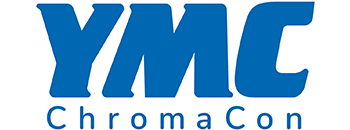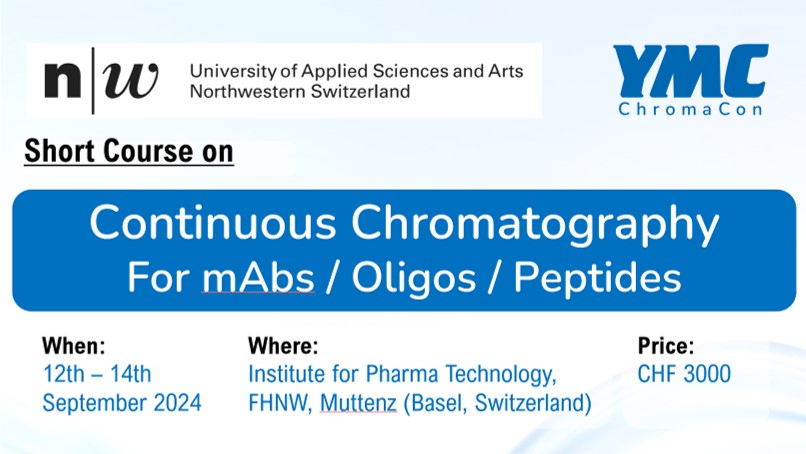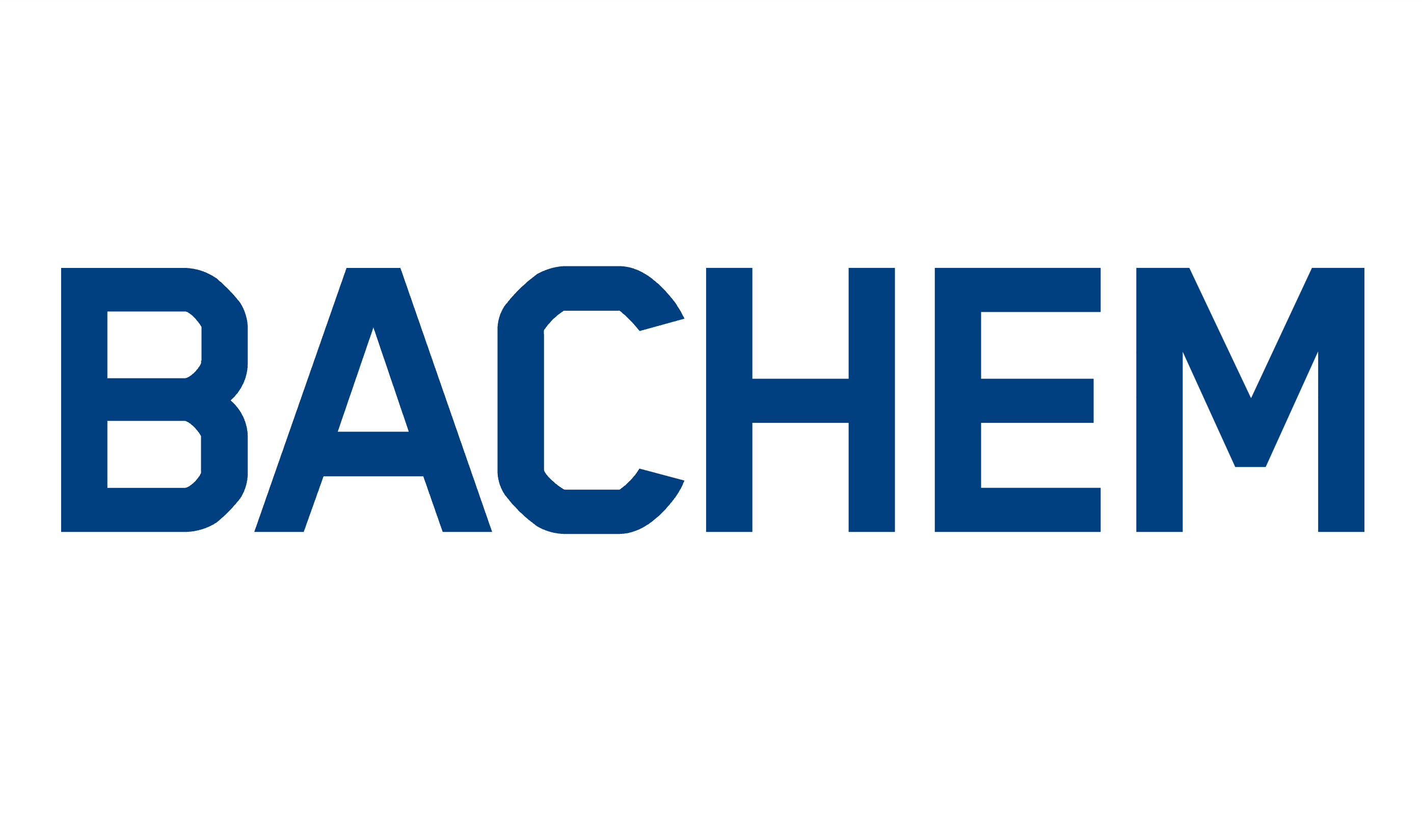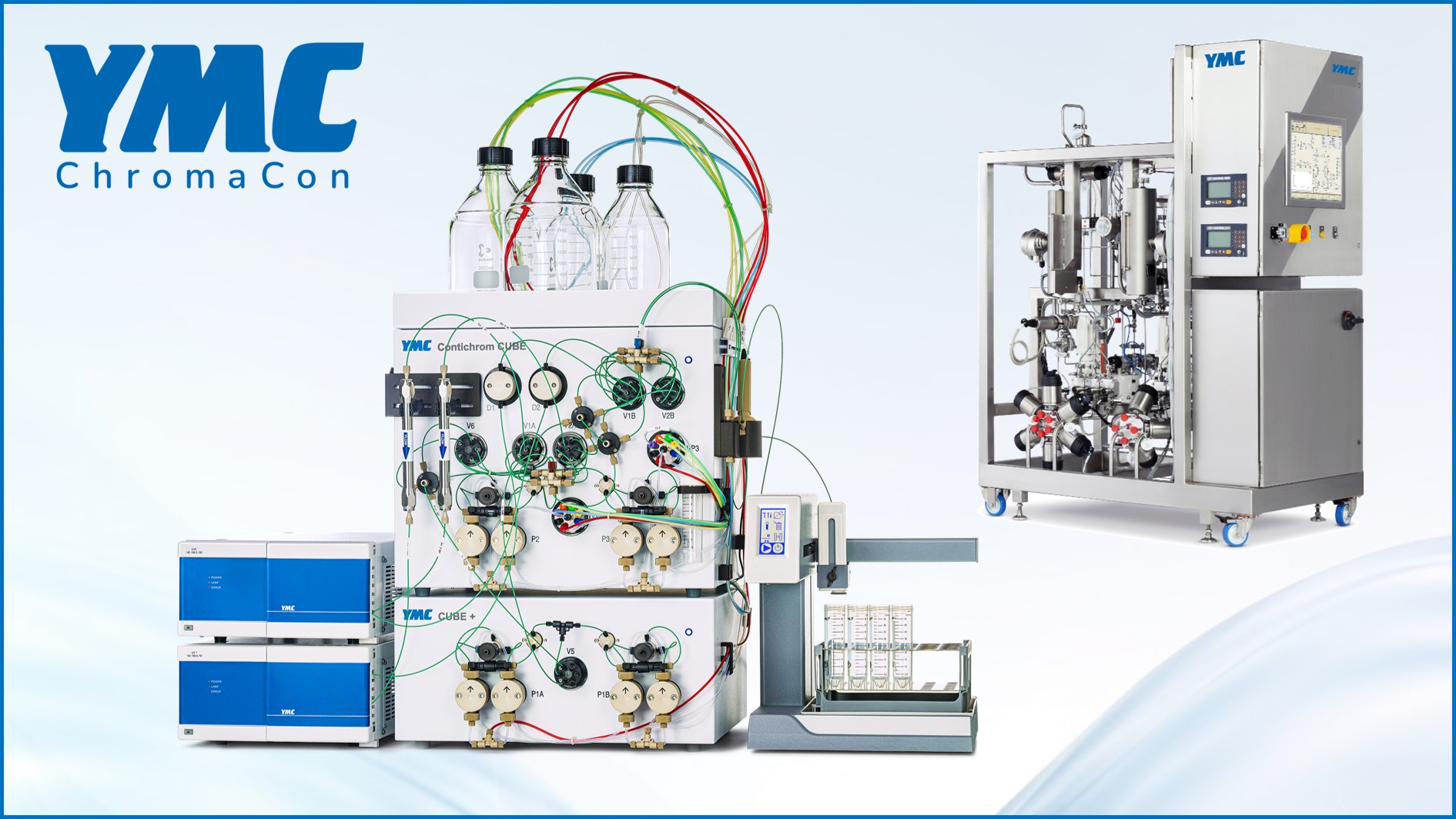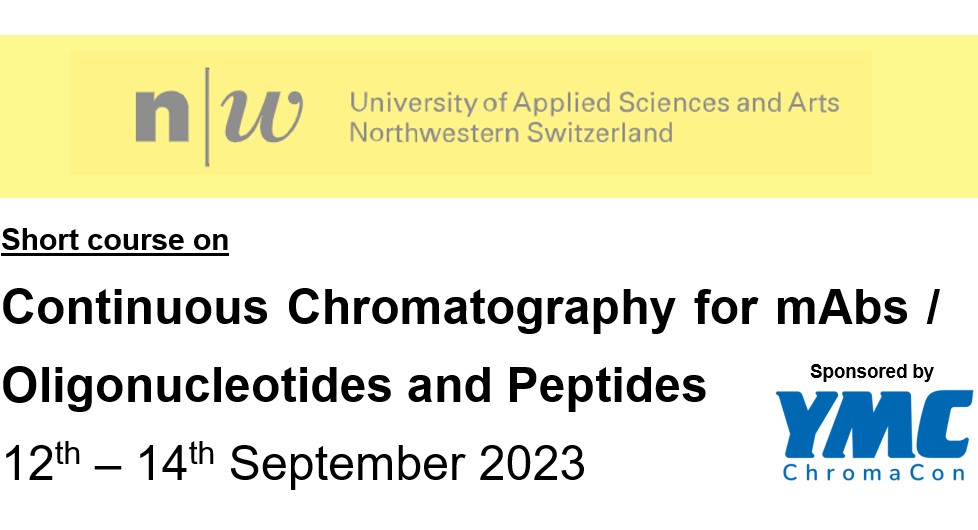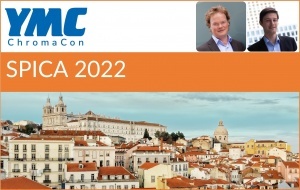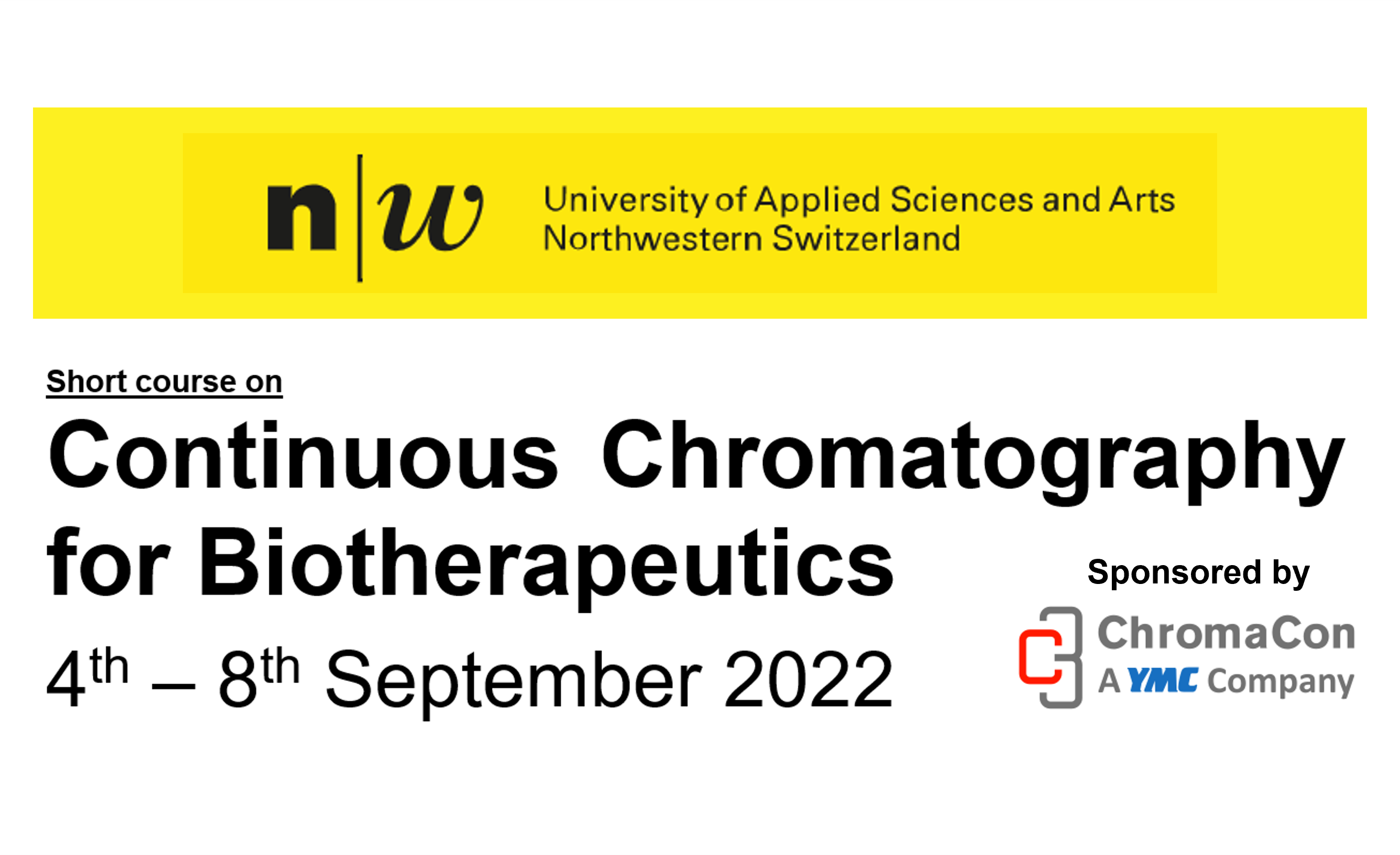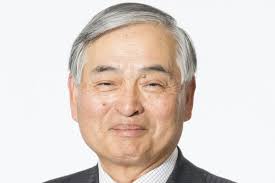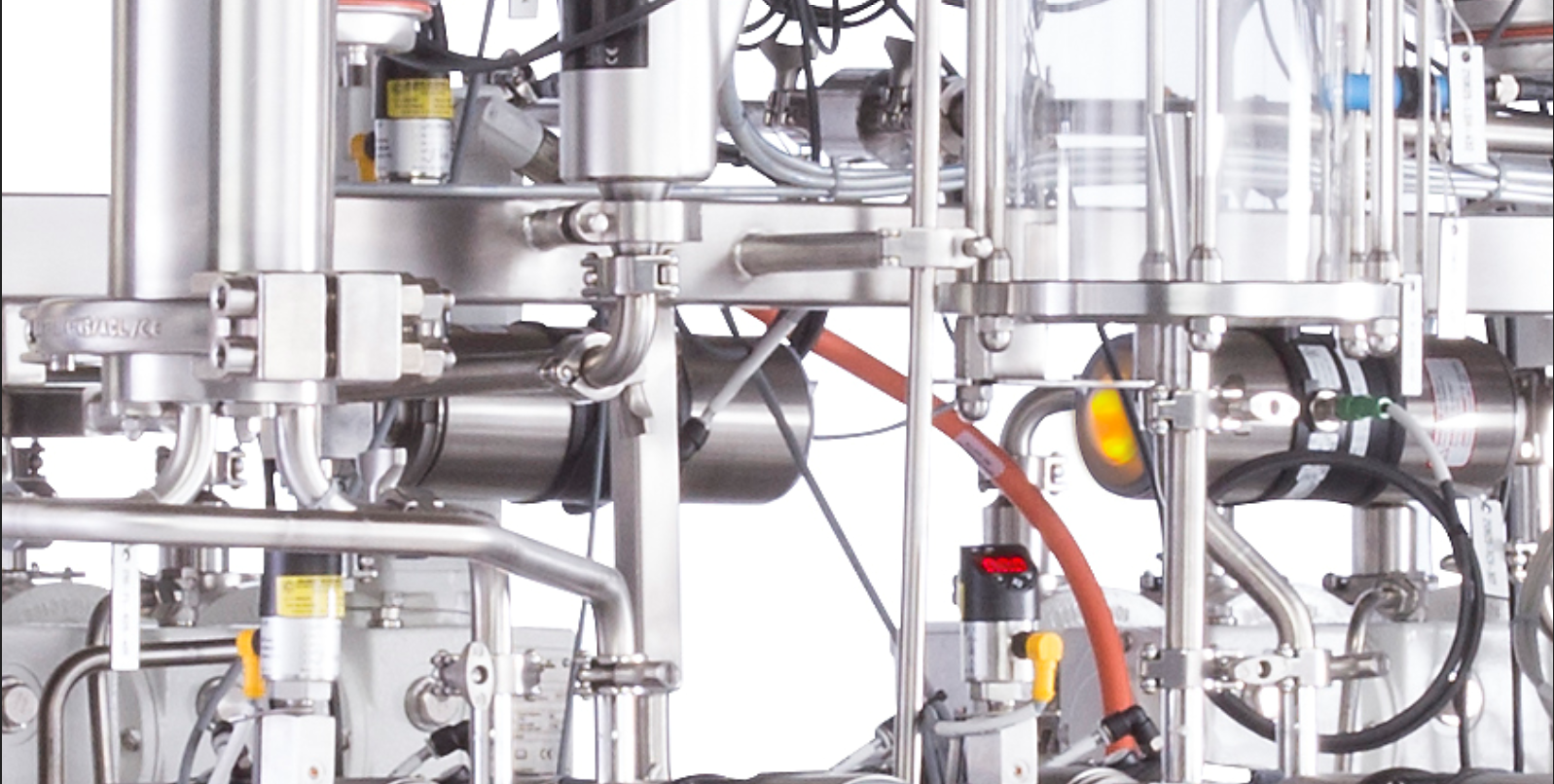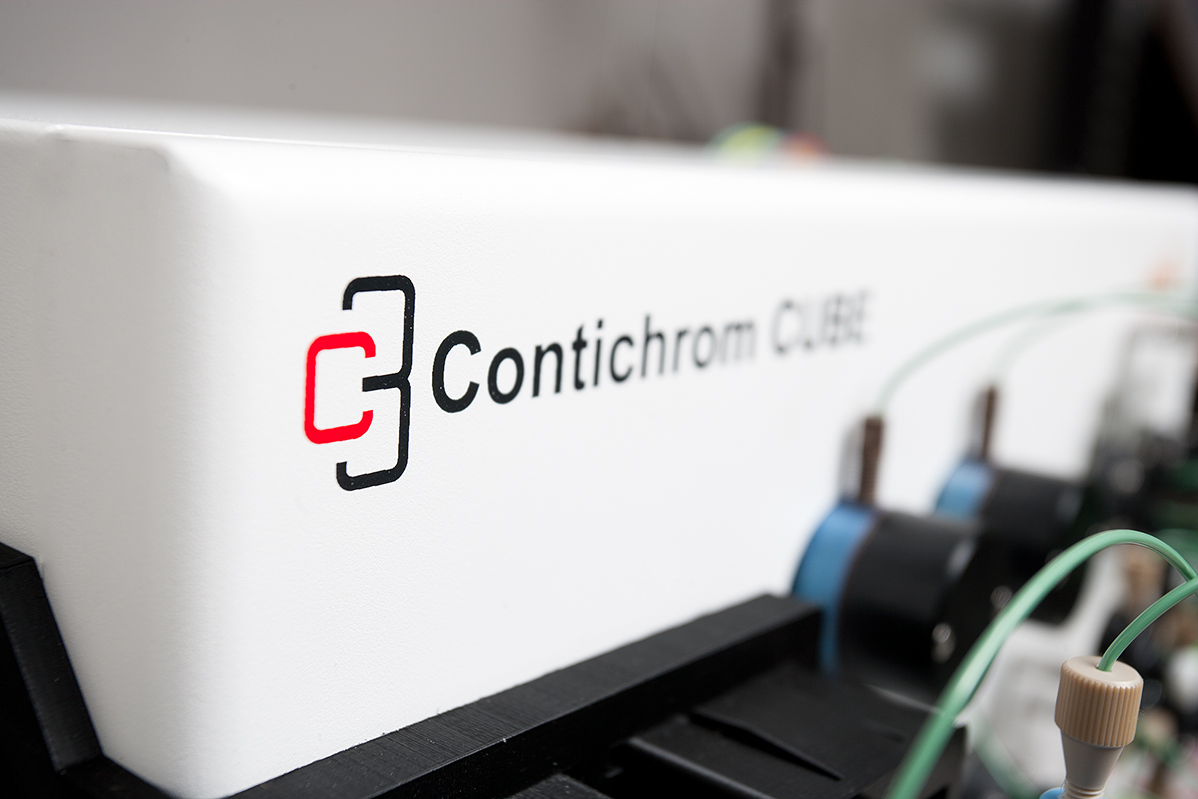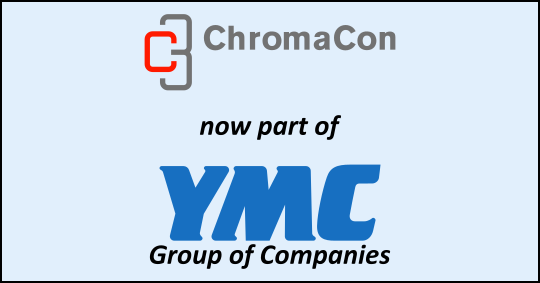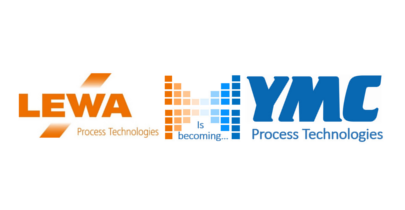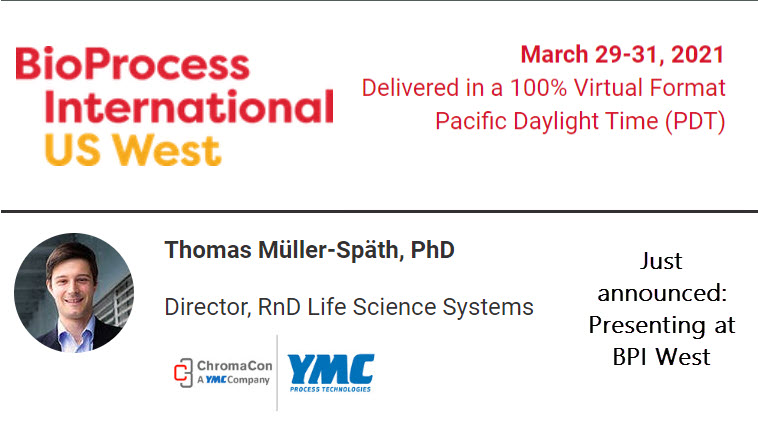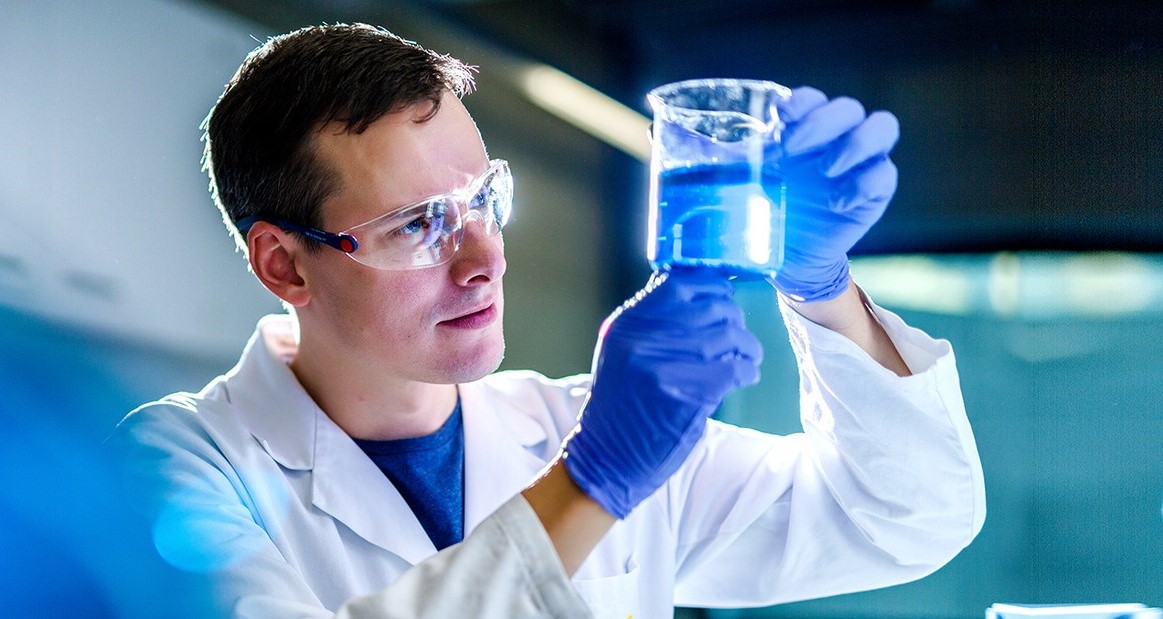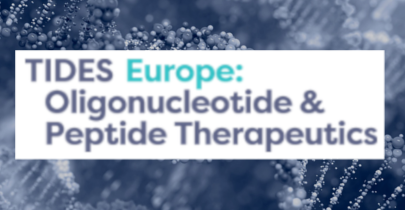March 10, 2020 Webinar: Oligonucleotide Purification Process
Overview
Title: Antisense Oligonucleotide Purification Process: Successes and Challenges During
Date: Tuesday, March 10, 2020
Time: 10:00 AM Eastern Daylight Time / 15:00 Central European Time (convert to your local time)
Duration: 1 hour
Registration
Please follow this link to register.
About the presenters
Robert Gronke, Ph.D., Senior Principal Scientist, Technical Development, Biogen
Robert Gronke is a Senior Principal Scientist in the Technical Department at Biogen, Inc. For the past 29 years, he’s been involved in the purification development, CMC team leadership, regulatory liaison and new technology assessment for recombinant biopharmaceuticals including Biogen’s commercial products AVONEX (Interferon Beta-1a), a serum-free version of AVONEX, PLEGRIDY (PEG IFN Beta-1a), BENEPALI (Enbrel biosimilar), SPINRAZA (SMA antisense oligonucleotide), APROLIX (Factor IX-Fc), and AMEVIVE (glycosylated fusion protein), along with clinical products including αVβ6, αVβ5, anti-Tau and anti-BDCA monoclonal antibodies, antisense oligonucleotides (SOD-1) and several others. Rob currently manages a group of 4 associate scientists.
Prior to joining Biogen, Inc., Dr. Gronke was a post-doctoral fellow in the Pharmacology Department at Merck Sharp & Dohme Research Laboratories in West Point, Pennsylvania (1988 – 1989). He received his Ph.D. degree in Biochemistry from the University of Kansas, Lawrence Kansas in 1987. Prior to receiving his Ph.D., he was employed as a Research Associate at the University of Illinois, Chicago (1982 – 1983). Dr. Gronke received a BS degree in Biochemistry from Northern Illinois University, DeKalb, Illinois in 1982.
Thomas Müller-Späth, Ph.D., Director R&D, ChromaCon - A YMC Company
Thomas Müller-Späth, Ph.D., holds the position Director R&D at ChromaCon - A YMC Company. Thomas is inventor of 10+ patents and has (co-)authored 30+ scientific articles and book chapters on continuous chromatography for biopharmaceuticals and downstream processing. Thomas frequently presents at international conferences as speaker and also co-chairs workshops on continuous chromatography.
Thomas studied chemical engineering at the Technical University of Hamburg, Germany, and at the University of California, Berkeley. Thomas gained further R&D experience at Bayer Healthcare in Berkeley, CA, and Beiersdorf , in Hamburg Germany. He obtained his PhD in 2008 in the area of the multi-column-technology for the purification of proteins at the Swiss Federal Institute of Technology (ETH) Zurich in the group of Prof. Morbidelli, where until recently he was also active as a Scientific Advisor.
Summary
Recently, Biogen's first full scale GMP batch for an antisense oligonucleotide was manufactured in the newly built synthesis suite. A four-step purification process was then carried out in the existing flexible volume manufacturing facility that, up until this point, has been used for manufacturing Biogen’s protein-based parenterals. This was our first test case to demonstrate that Biogen can manufacture ASOs safely, at scale, and achieve high purity and yield. Results are presented on the scalability of the ASO process from bench to GMP scale, highlighting successes and challenges faced with scale-up of the downstream ASO process.
MCSGP is a counter-current chromatography process that simultaneously achieves high yield and purity in difficult peptide purifications.
The increased yield of MCSGP …
- allows downscaling of the upstream chemical synthesis steps
- improves productivity of the downstream process leading to smaller columns required
- reduces solvent consumption
- eliminates the need for re-chromatography
- avoids generation of side-fractions to be stored and analyzed (reduction of analytical burden)
All above mentioned lead to massive cost savings compared to single column batch chromatography.
